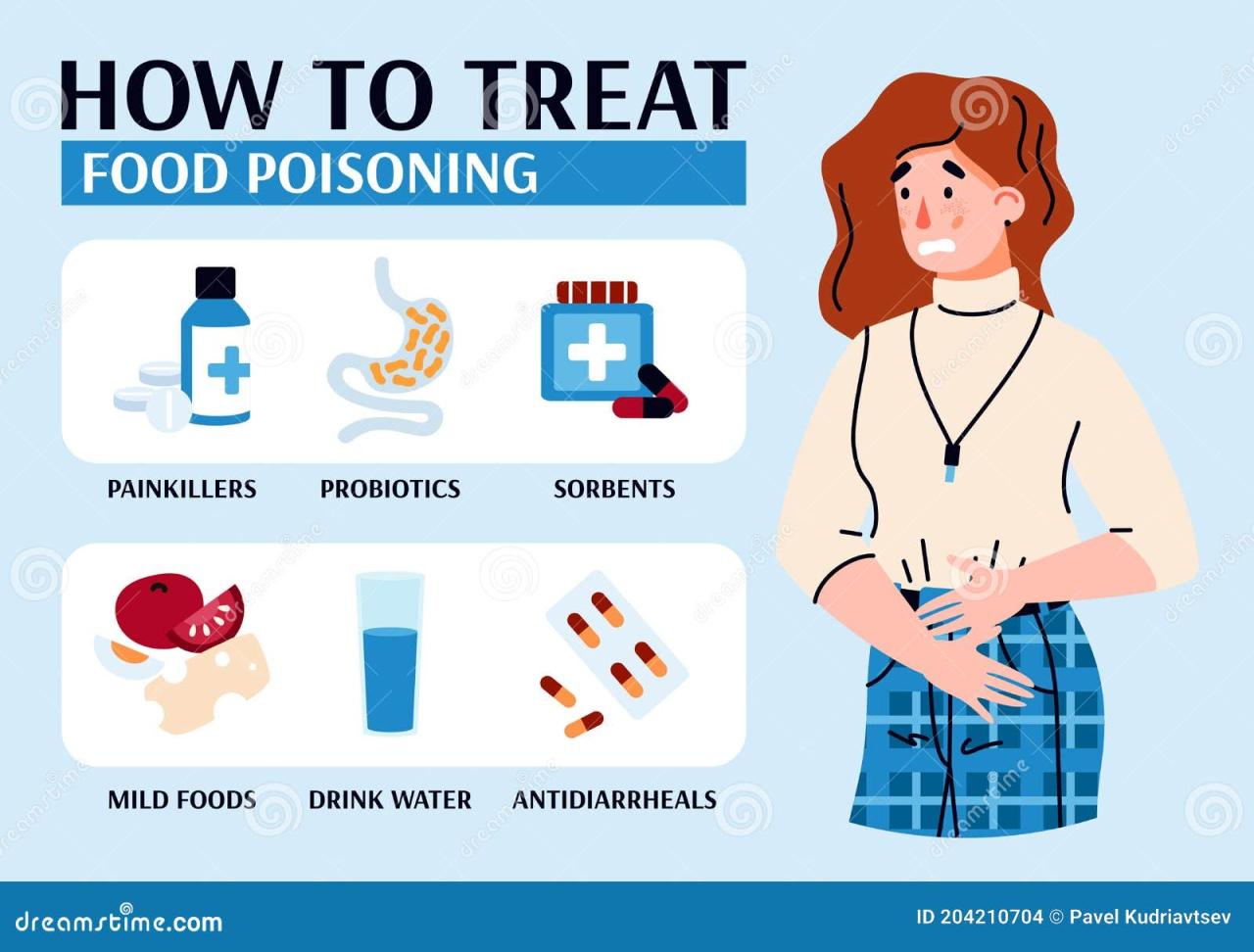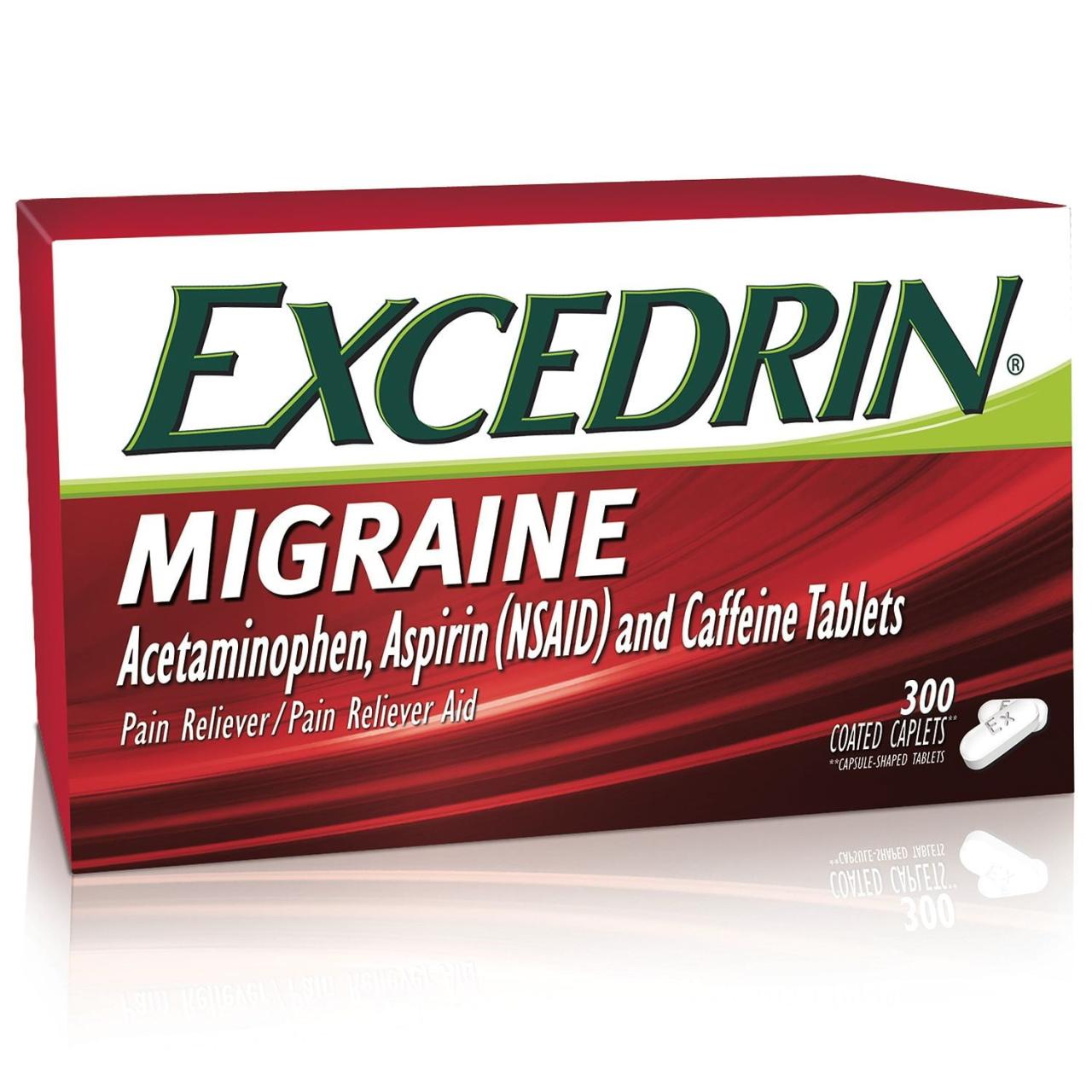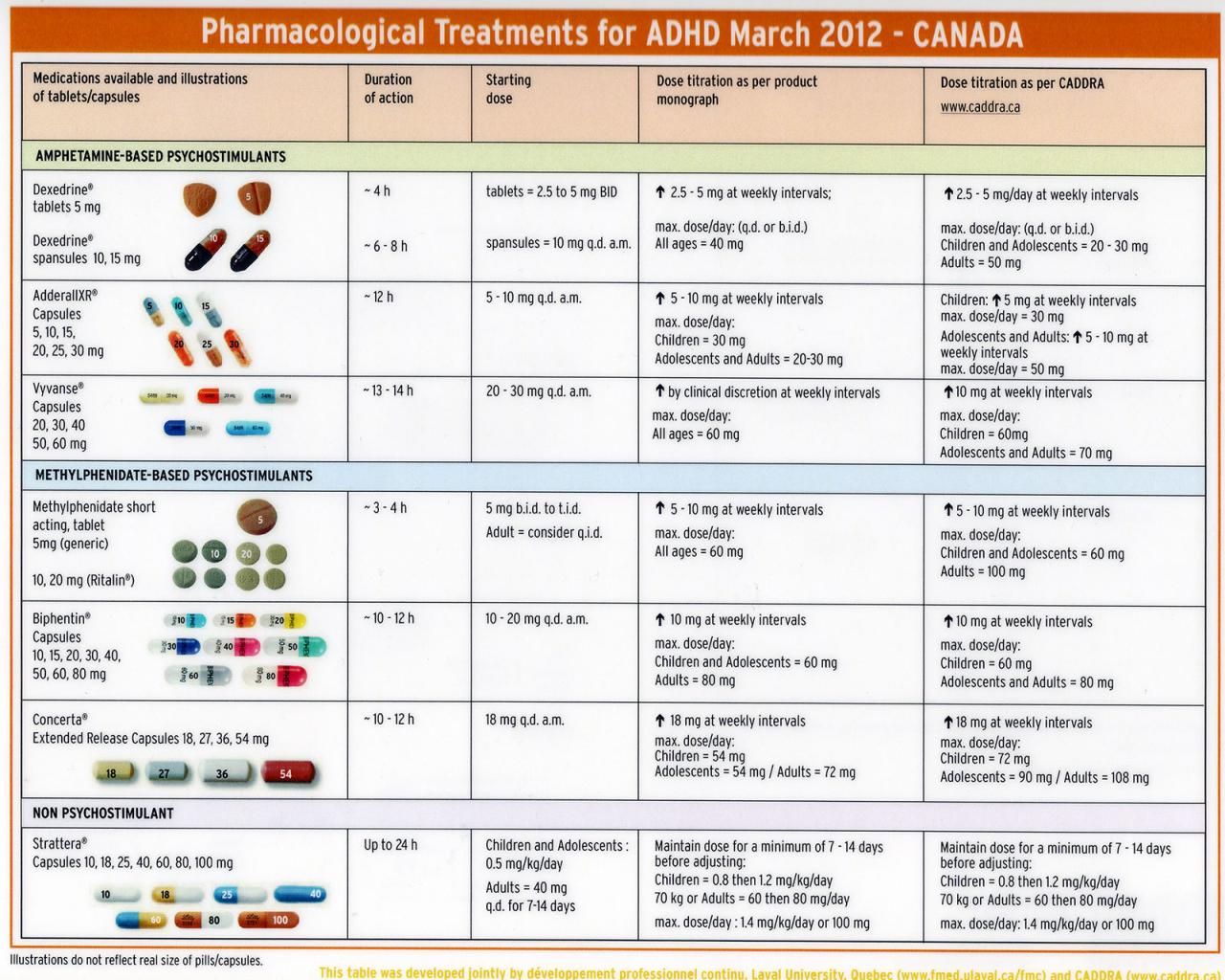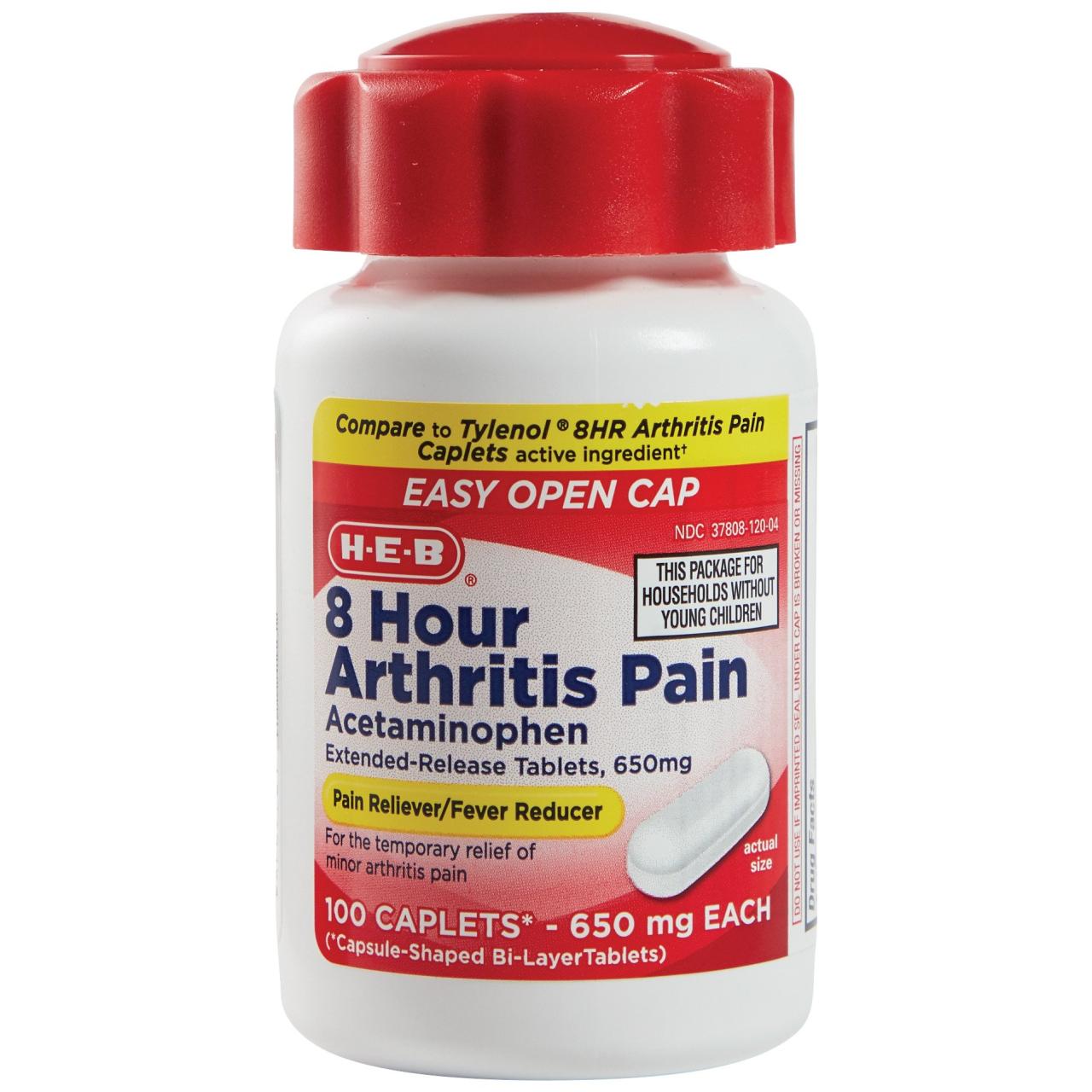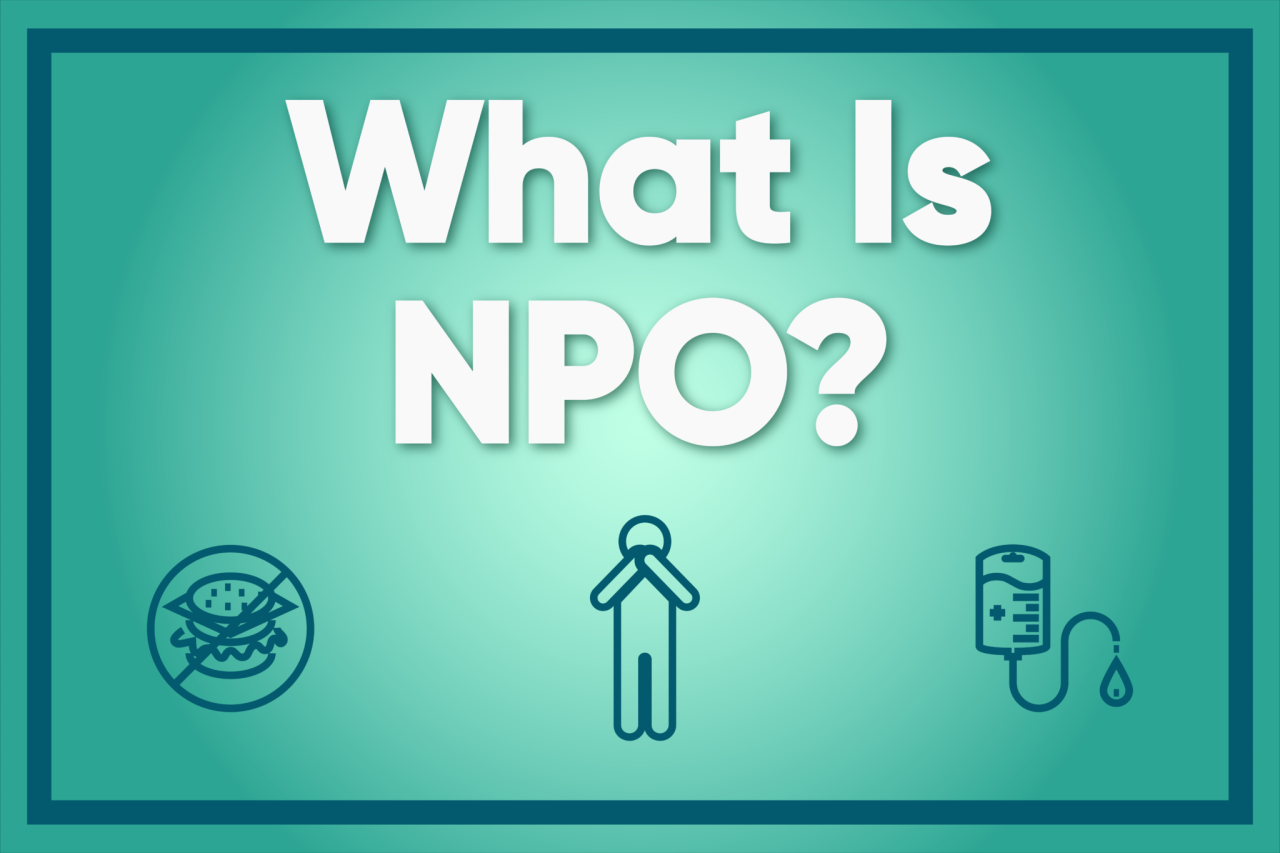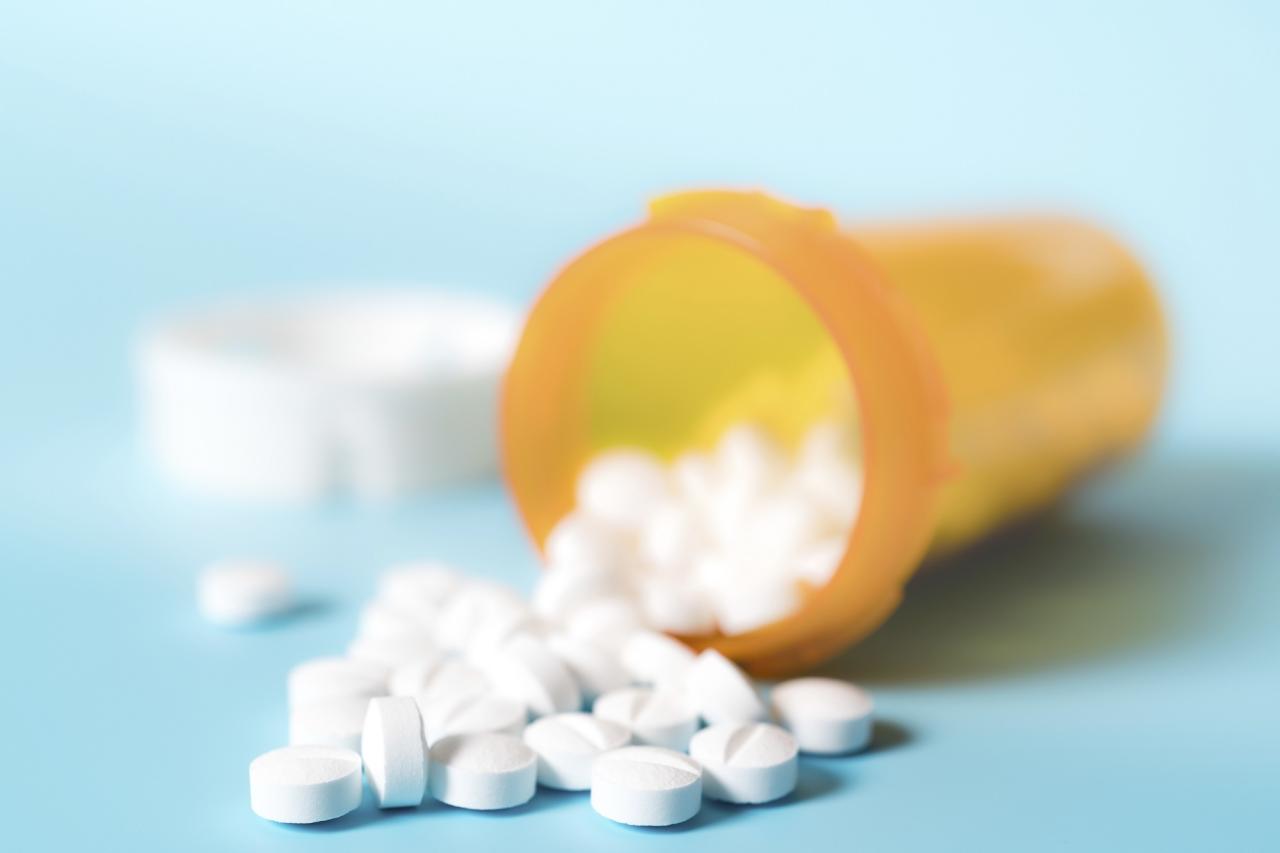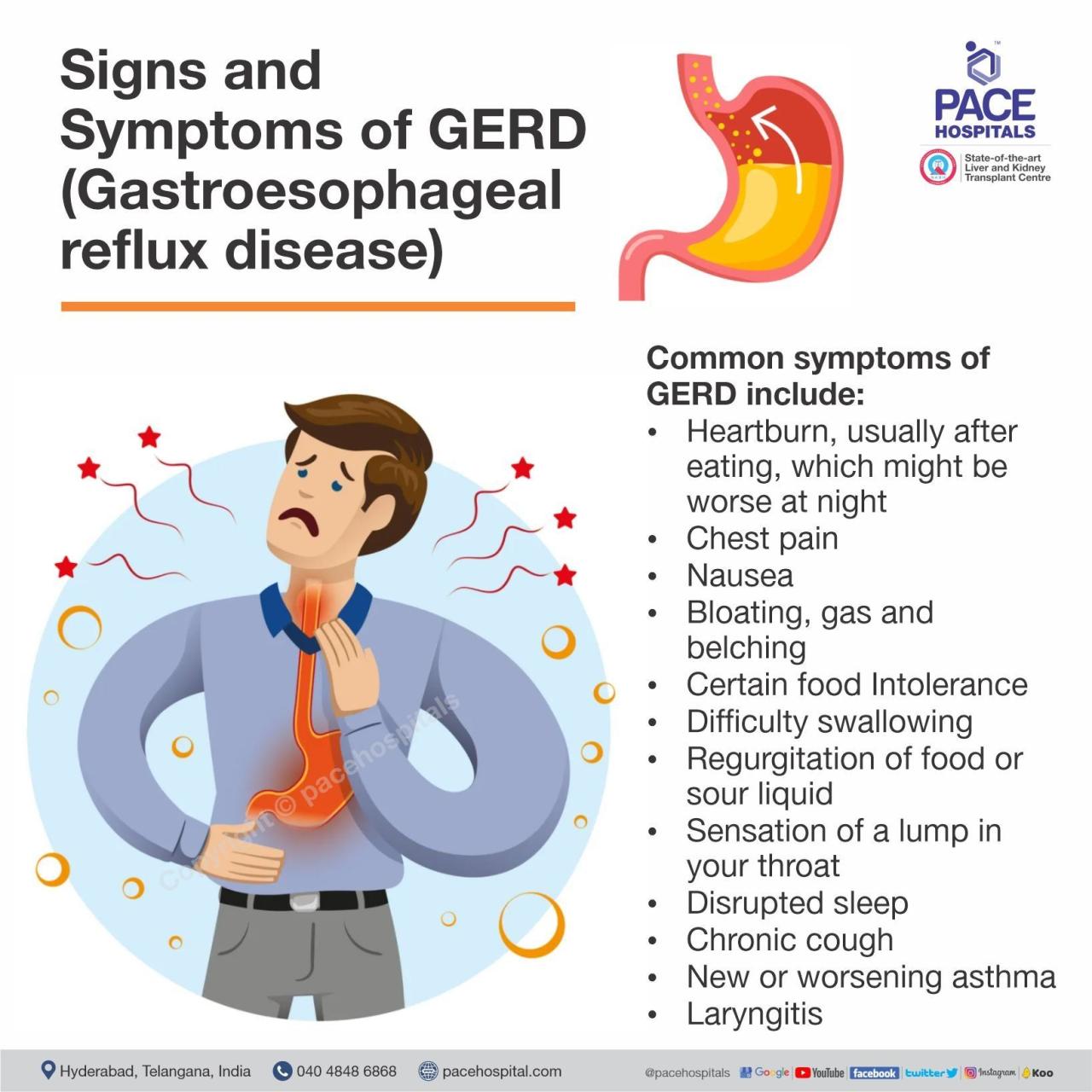Cholesterol medications play a crucial role in managing heart health, especially for individuals with high cholesterol levels. These medications, ranging from statins to PCSK9 inhibitors, work in different ways to lower LDL (“bad”) cholesterol and, in some cases, raise HDL (“good”) cholesterol.
Anxiety can be a real struggle, and sometimes it can feel like you’re stuck in a cycle of worry. If you’re feeling overwhelmed, it might be helpful to talk to a doctor about anxiety medication. They can help you find the right treatment plan to manage your symptoms and get back to feeling like yourself again.
By understanding the various types of cholesterol medications and their mechanisms of action, individuals can make informed decisions about their treatment options, working alongside their healthcare providers to achieve optimal cardiovascular health.
These medications are not a one-size-fits-all solution. Healthcare professionals consider individual risk factors, lifestyle choices, and potential drug interactions when prescribing cholesterol medications. Combining these medications with lifestyle modifications, such as a heart-healthy diet and regular exercise, can significantly enhance their effectiveness and contribute to long-term cardiovascular well-being.
Cholesterol Medications: An Overview
High cholesterol is a common health concern that can lead to serious cardiovascular problems. Fortunately, there are several effective medications available to help lower cholesterol levels and reduce the risk of heart disease. This article provides an overview of different types of cholesterol medications, their mechanisms of action, and common side effects.
We will also discuss the role of cholesterol medications in cardiovascular health, factors to consider when choosing the right medication, and the importance of lifestyle modifications.
Types of Cholesterol Medications
There are several different types of cholesterol medications, each working in a unique way to lower cholesterol levels. The most common types include:
- Statins: Statins are the most widely prescribed cholesterol medications. They work by inhibiting an enzyme called HMG-CoA reductase, which is involved in the production of cholesterol in the liver. By blocking this enzyme, statins reduce the amount of cholesterol produced by the liver, leading to lower LDL (“bad”) cholesterol levels.
Common examples of statins include atorvastatin (Lipitor), simvastatin (Zocor), and rosuvastatin (Crestor).
- Fibrates: Fibrates are another class of cholesterol medications that help lower triglyceride levels and raise HDL (“good”) cholesterol levels. They work by activating a nuclear receptor called PPARα, which regulates lipid metabolism. Common examples of fibrates include gemfibrozil (Lopid) and fenofibrate (Tricor).
- Bile Acid Sequestrants: Bile acid sequestrants are medications that bind to bile acids in the gut, preventing their reabsorption into the bloodstream. This process leads to increased excretion of cholesterol in the stool. Common examples of bile acid sequestrants include cholestyramine (Questran) and colesevelam (Welchol).
- PCSK9 Inhibitors: PCSK9 inhibitors are a newer class of cholesterol medications that work by blocking the PCSK9 protein, which normally degrades LDL receptors on the surface of liver cells. By blocking PCSK9, these medications increase the number of LDL receptors, leading to greater uptake and removal of LDL cholesterol from the bloodstream.
If you’re struggling with anxiety, you might be considering anxiety medication. It’s important to talk to your doctor to see if medication is right for you and to explore all available options. They can help you weigh the benefits and risks and find the best treatment plan for your specific needs.
Common examples of PCSK9 inhibitors include alirocumab (Praluent) and evolocumab (Repatha).
Cholesterol Medications and Their Role in Cardiovascular Health
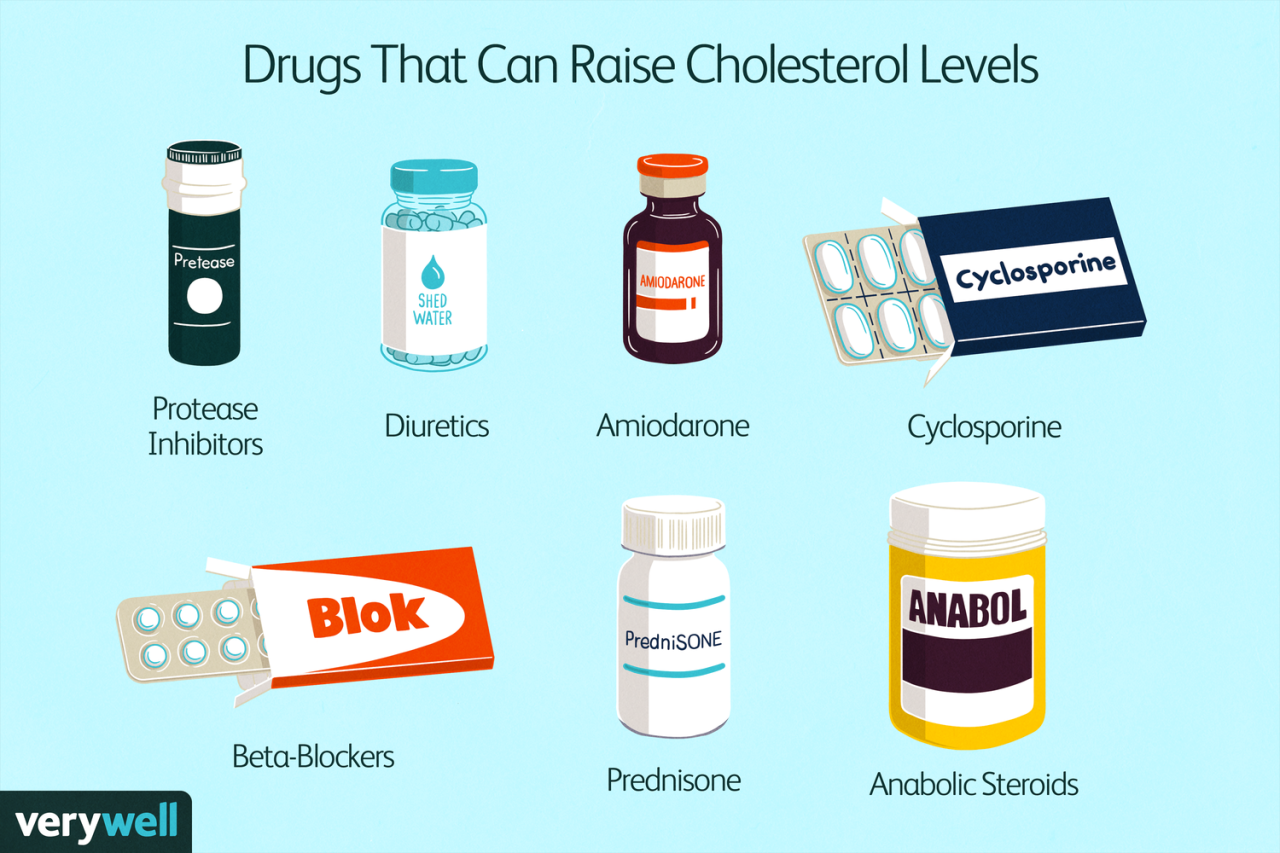
Cholesterol medications play a crucial role in reducing the risk of heart disease and stroke. High cholesterol levels, particularly high LDL cholesterol, contribute to the buildup of plaque in the arteries, a condition known as atherosclerosis. This plaque buildup can narrow the arteries, restricting blood flow and increasing the risk of heart attack, stroke, and other cardiovascular events.
Cholesterol medications help lower LDL cholesterol levels, reducing the risk of atherosclerosis and related complications.
In addition to lowering LDL cholesterol, some cholesterol medications, such as fibrates, can also raise HDL cholesterol levels. HDL cholesterol is often referred to as “good” cholesterol because it helps remove LDL cholesterol from the bloodstream and transport it to the liver for processing.
Raising HDL cholesterol levels can further improve cardiovascular health by promoting the removal of LDL cholesterol from the arteries.
Cholesterol medications are particularly beneficial for individuals with high cholesterol, heart disease, or other cardiovascular risk factors. They can help reduce the risk of developing cardiovascular disease, slow the progression of existing disease, and improve overall cardiovascular health.
Choosing the Right Cholesterol Medication
The choice of cholesterol medication depends on several factors, including individual risk factors, lifestyle factors, and potential drug interactions. Healthcare professionals consider these factors to determine the most appropriate medication for each patient.
When choosing a cholesterol medication, healthcare professionals may consider:
- LDL cholesterol levels: The higher the LDL cholesterol level, the more likely a patient is to benefit from medication.
- HDL cholesterol levels: Individuals with low HDL cholesterol may benefit from medications that raise HDL levels, such as fibrates.
- Triglyceride levels: High triglyceride levels can also increase the risk of cardiovascular disease, and medications like fibrates can help lower triglyceride levels.
- Other risk factors: Other risk factors for heart disease, such as smoking, diabetes, and high blood pressure, may also influence the choice of medication.
- Lifestyle factors: Patients who are willing to make lifestyle changes, such as adopting a healthy diet and exercising regularly, may benefit from medications that have fewer side effects.
- Potential drug interactions: Cholesterol medications can interact with other medications, so it’s important to consider any other medications the patient is taking.
The table below summarizes the key characteristics of each medication class:
| Medication Class | Mechanism of Action | Typical Dosage | Common Side Effects | Effectiveness |
|---|---|---|---|---|
| Statins | Inhibit HMG-CoA reductase, reducing cholesterol production | Varying dosages depending on the specific statin | Muscle pain, liver damage, increased risk of diabetes | Highly effective in lowering LDL cholesterol |
| Fibrates | Activate PPARα, regulating lipid metabolism | Varying dosages depending on the specific fibrate | Gastrointestinal upset, gallstones, increased risk of muscle damage | Effective in lowering triglycerides and raising HDL cholesterol |
| Bile Acid Sequestrants | Bind to bile acids in the gut, preventing reabsorption | Varying dosages depending on the specific sequestrant | Constipation, bloating, gas | Moderately effective in lowering LDL cholesterol |
| PCSK9 Inhibitors | Block PCSK9 protein, increasing LDL receptor activity | Administered via injection every 2-4 weeks | Injection site reactions, upper respiratory tract infections | Highly effective in lowering LDL cholesterol |
Lifestyle Modifications and Cholesterol Medications
Lifestyle modifications can play a significant role in improving cardiovascular health and reducing the need for cholesterol medications. By adopting a healthy lifestyle, individuals can lower their cholesterol levels, reduce their risk of heart disease, and improve their overall well-being.
Here are some key lifestyle modifications that can be combined with cholesterol medications:
- Dietary Changes:
- Reduce saturated and trans fats: Found in red meat, full-fat dairy products, and processed foods.
- Increase soluble fiber: Found in oats, beans, lentils, and fruits like apples and pears.
- Limit cholesterol intake: Found in animal products like eggs, meat, and poultry.
- Choose lean protein sources: Opt for fish, poultry without skin, beans, and lentils.
- Increase intake of fruits, vegetables, and whole grains: These foods are rich in nutrients and fiber, which can help lower cholesterol levels.
- Increase Physical Activity: Aim for at least 30 minutes of moderate-intensity exercise most days of the week.
- Manage Stress: Chronic stress can raise cholesterol levels. Practice stress-reducing techniques like yoga, meditation, or deep breathing exercises.
- Maintain a Healthy Weight: Obesity can increase cholesterol levels. Losing even a small amount of weight can make a difference.
- Avoid Smoking: Smoking damages blood vessels and increases the risk of heart disease.
Here is a list of common foods that can lower or raise cholesterol levels:
- Foods that lower cholesterol: Oats, beans, lentils, apples, pears, almonds, walnuts, salmon, avocado, olive oil.
- Foods that raise cholesterol: Red meat, full-fat dairy products, processed foods, fried foods, pastries, butter, coconut oil.
Cholesterol Medications and Their Long-Term Effects
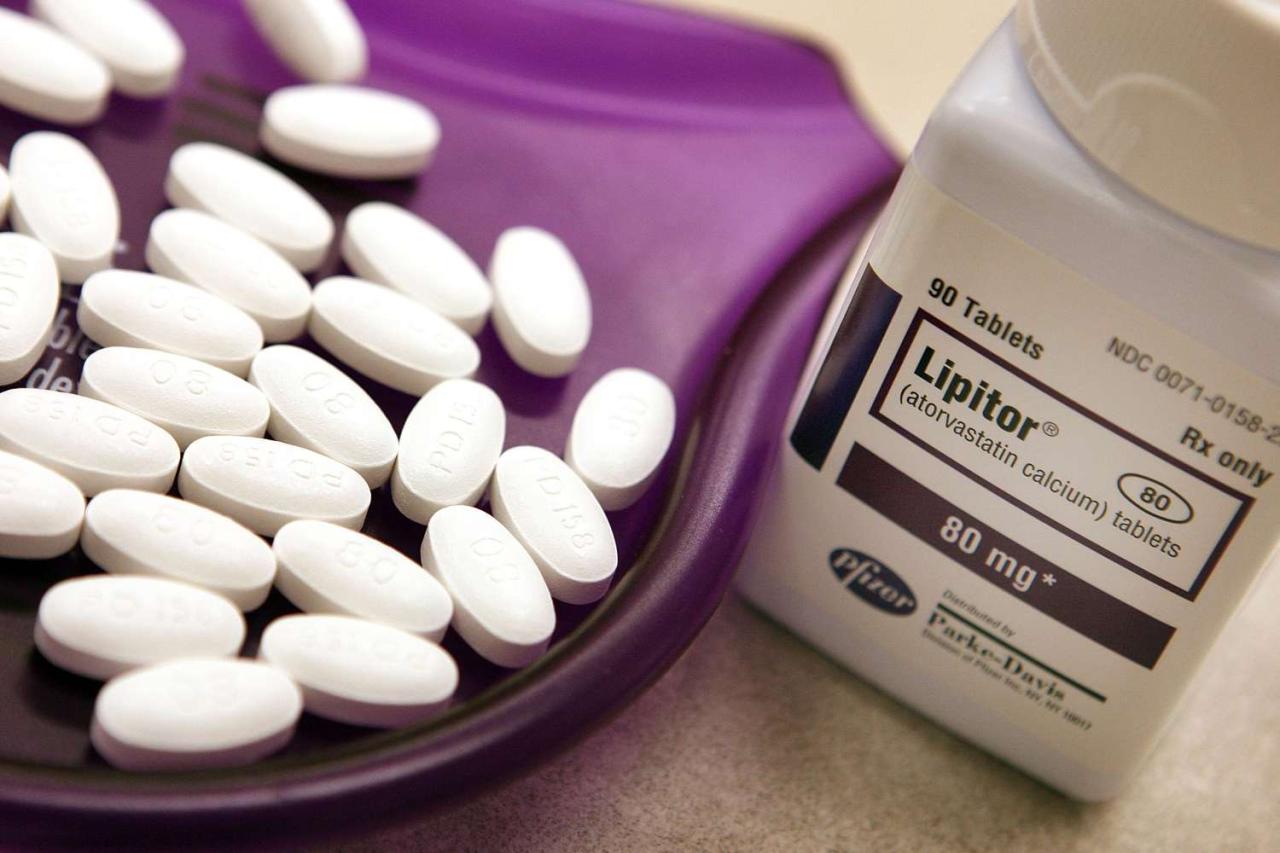
Cholesterol medications are generally safe and effective for long-term use. However, like any medication, they can have potential long-term side effects or risks. It’s important to discuss any concerns with your healthcare provider.
Some potential long-term side effects of cholesterol medications include:
- Muscle pain: Statins can cause muscle pain, which is usually mild but can be severe in some cases.
- Liver damage: Statins can sometimes cause liver damage, but this is rare.
- Increased risk of diabetes: Statins may slightly increase the risk of developing type 2 diabetes.
- Gastrointestinal upset: Fibrates can cause gastrointestinal upset, such as nausea, diarrhea, and constipation.
- Gallstones: Fibrates can increase the risk of developing gallstones.
- Injection site reactions: PCSK9 inhibitors are administered via injection, which can cause injection site reactions.
It’s important to note that these side effects are not experienced by everyone who takes cholesterol medications. The risk of side effects varies depending on the individual, the specific medication, and the dosage. Your healthcare provider can help you weigh the potential benefits and risks of cholesterol medications.
Regular monitoring and follow-up care are essential while taking cholesterol medications. Your healthcare provider will monitor your cholesterol levels, liver function, and other relevant factors to ensure the medication is working effectively and safely.
Conclusion
Managing cholesterol levels is an essential part of maintaining cardiovascular health. While cholesterol medications offer a powerful tool for reducing heart disease risk, they are most effective when combined with healthy lifestyle choices. By understanding the different types of cholesterol medications, their mechanisms of action, and potential side effects, individuals can actively participate in their healthcare decisions and work towards a healthier future.

